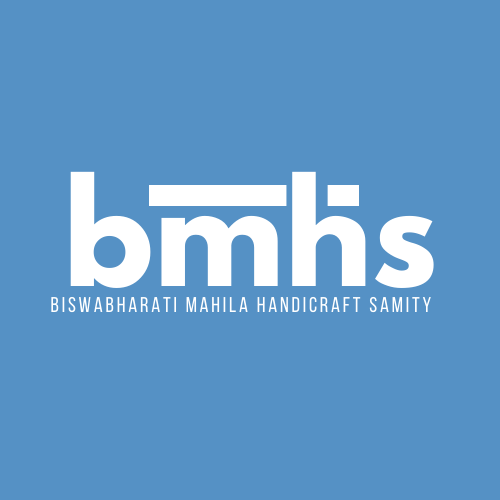
Children are the future of a nation. For an emerging country like India, development of underprivileged children holds the key to the progress of the nation itself, and their education is the cornerstone of this progress. But education for children cannot be achieved without ensuring the welfare of the family – a child can go to school regularly only when the family, particularly the mother is healthy and empowered; the family has decent livelihood opportunities and a steady income. Realizing this, BMHS, beginning in the corridors of education, has adopted a lifecycle approach with intensive programmes focused on family health, livelihood and community engagement through women empowerment, which addresses the needs of less privileged children, their families and the larger community.
Mission Education provides basic education and healthcare to underprivileged children, with the belief that education is both the means as well as the end to a better life because it empowers an individual to earn his/her livelihood while also increasing one’s awareness on a range of issues; in the process helping him/her evolve as a better citizen.
Smile on Wheels is a national level mobile hospital programme which provides curative and preventive healthcare services at the doorsteps of the underserved in remote rural villages and urban slums, besides inculcating a health-seeking behaviour in them.
Smile Twin e-Learning Programme (STeP) evolved as a logical linkage to Mission Education, based on the need to provide employability skills to high school pass-outs and urban underprivileged youth to enhance their prospects of employment in the fast expanding retail, hospitality and service sectors.
Swabhiman is a programme focusing on girl children and women empowerment. The USP of Swabhiman is its innovative and highly effective approach named the ‘4-S Model’ which means Seeking Healthcare as a Behaviour, Support through Education, Support from Men through Male Involvement, and Sustaining Change in the Community.
The growth of the non-profit sector in India, in the last two decades, has been phenomenal. Grassroots NGOs particularly, by engaging directly with the people, are able to participate in the thought-making process of the communities they work with, and thus have the capacity to bring about long-lasting positive change.
Children are the future of a nation. They are the best change agents, be it in the family or the community in which they live. It is therefore crucial to catch them young and inculcate in them feelings of empathy and conscience so that they grow up as responsible individuals.
Our NGO constantly strives to support and empower individuals, particularly underprivileged children enabling them to meet basic ambitions of their life and realize their potential, make informed choices, resist oppression, fight for rightful existence and facilitate new possibilities and opportunities for them.
Being a disaster-prone country, India is highly vulnerable to various types of natural calamities due to its geographical positioning. According to the National Disaster Management Authority, Govt. of India, more than 58.6% of the country’s landmass is prone to earthquakes and over 12% is prone to floods; close to 5,700kms out of the 7,516kms long coastline is prone to cyclones and tsunamis; while 68% of its cultivable area is prone to droughts.
Every nonprofit—no matter its size or budget—deserves a high-quality website that helps them achieve their mission and make the world a better place. BMHS will help you achieve that using WordPress. Our high skilled developers will help you build, design and maintain your site with no cost.
Whether you work with a consultant, volunteer, or entirely on your own, BMHS gives you all the information you need to assemble your web site on your own. Our volunteers have created hundreds of unique articles and videos which are not available from any other source, these resources are personalised for students’ individual learning paths in web development and are highly applicable to the real world.